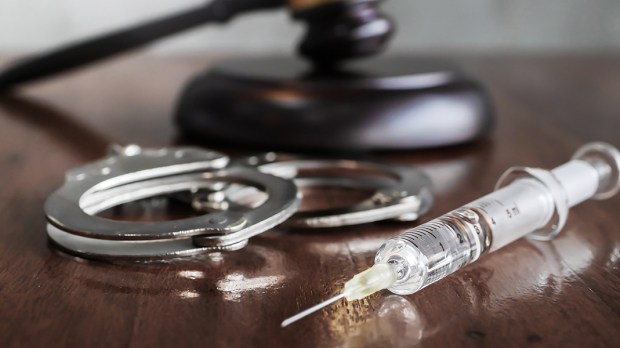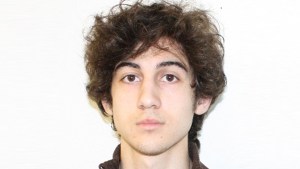Lenten Campaign 2025
This content is free of charge, as are all our articles.
Support us with a donation that is tax-deductible and enable us to continue to reach millions of readers.
As Dismas was being executed, Jesus, also being crucified, turned to him and reassured him, “This day you will be with me in paradise.”
The “good thief” received something that John Henry Ramirez so far is being denied: pastoral care at the hour of his death. Ramirez, on death row in Texas for murder, has been seeing a Baptist minister for more than a decade. But the Texas Department of Criminal Justice, citing security concerns, is denying his request to have the minister present during his execution, to lay hands on him and pray out loud over him.
His legal appeal has made its way up to the U.S. Supreme Court, which heard oral arguments Tuesday in Ramirez v. Collier.
The state also claims that Ramirez’s request opens the door to ever-more-burdensome religious requests during executions, the New York Times explained.
“Everything surrounding the execution process and the Texas execution protocol is based on safety and security,” said Jeremy Desel, communications director for the Texas Department of Criminal Justice (TDCJ).
The Texas Conference of Catholic Bishops and the United States Conference of Catholic Bishops together filed an amicus brief in support of Ramirez. The Texas Conference has advocated for legislation allowing inmates to receive pastoral care, including in the execution chamber.
“A prisoner retains the right under the [U.S. Constitution’s] Free Exercise Clause and the Religious Land Use and Institutionalized Persons Act (“RLUIPA”) to spiritual guidance even in his incarceration — indeed, even at his death. But further, religious entities retain an independent First Amendment right to minister to their congregants. TDCJ’s policy infringes both rights.”
Countering the TDCJ’s claims about security, the amicus brief pointed out that Catholic chaplains have regularly ministered in TDCJ and other facilities without incident, including in the execution chamber and in the specific manner requested by Ramirez.
“The key spiritual guidance provided by the Church is of particularly grave importance at the moment of death, and the formation and communication of that guidance is constitutionally protected from government interference,” the brief said. “Priests have been present at the time of death to hear confessions, offer the Eucharist and administer last rites.”
Justices during the 93-minute hearing expressed concerns about other cases that might come up to the high court, especially those that arise at the last minute, and seemed to be trying to find a way to draw lines and set standards.
Eric Feigin, U.S. Deputy Solicitor General, told the court that a pastor’s vocalized praying or chanting might interfere with the need to monitor IV drips and the inmate’s snoring pattern to ensure that the deadly pentobarbital is working. In addition, having an outside chaplain present would require a security person to be next to him at all times, possibly blocking the view of witnesses, including the victims’ family members, who, he said, might rely on seeing the execution to have closure to their own pain and suffering.



